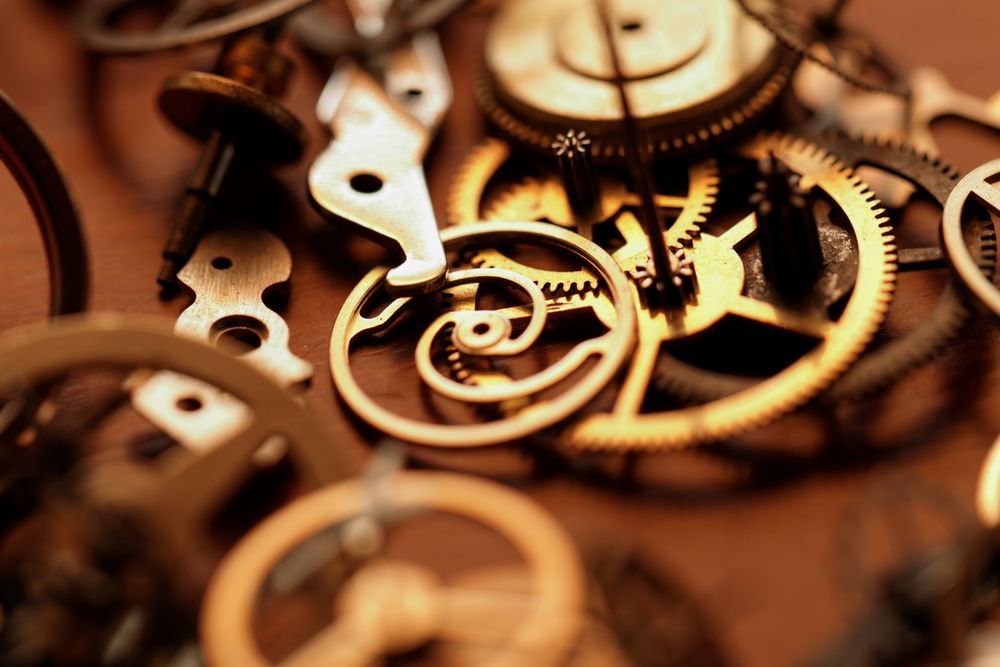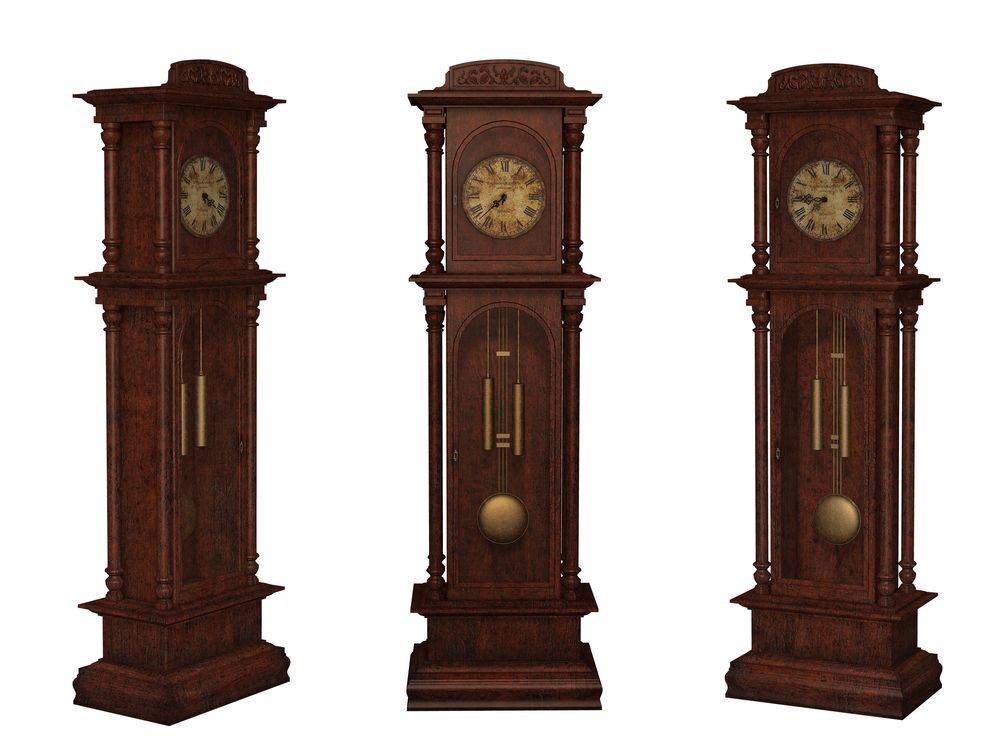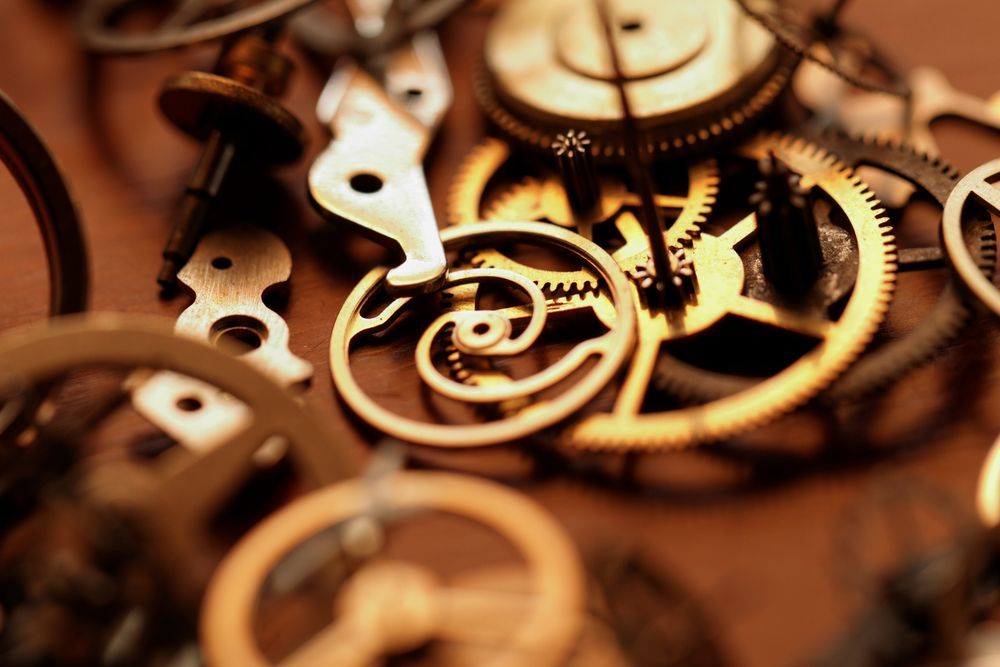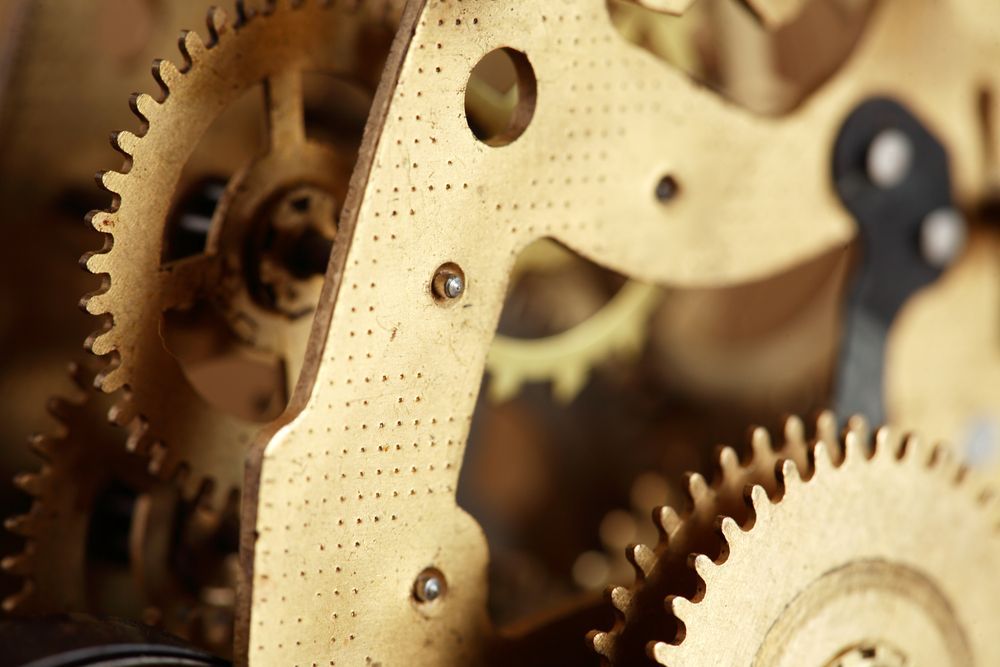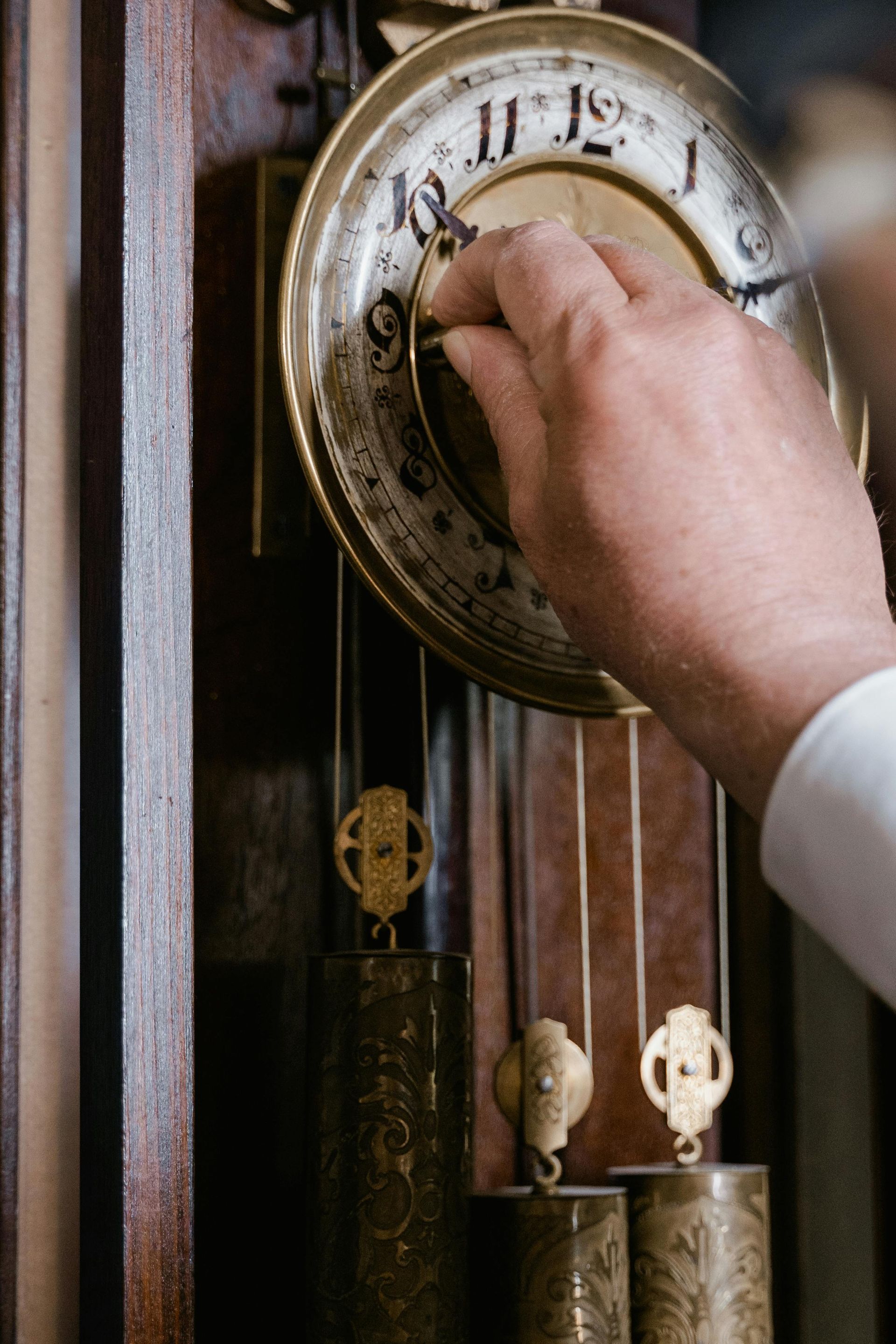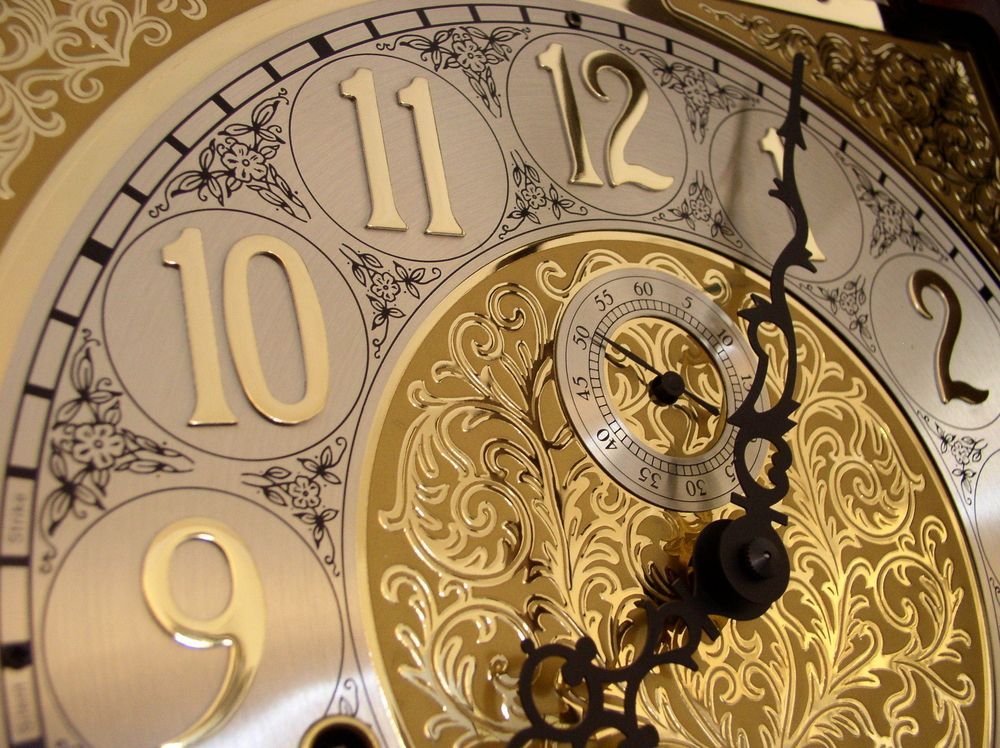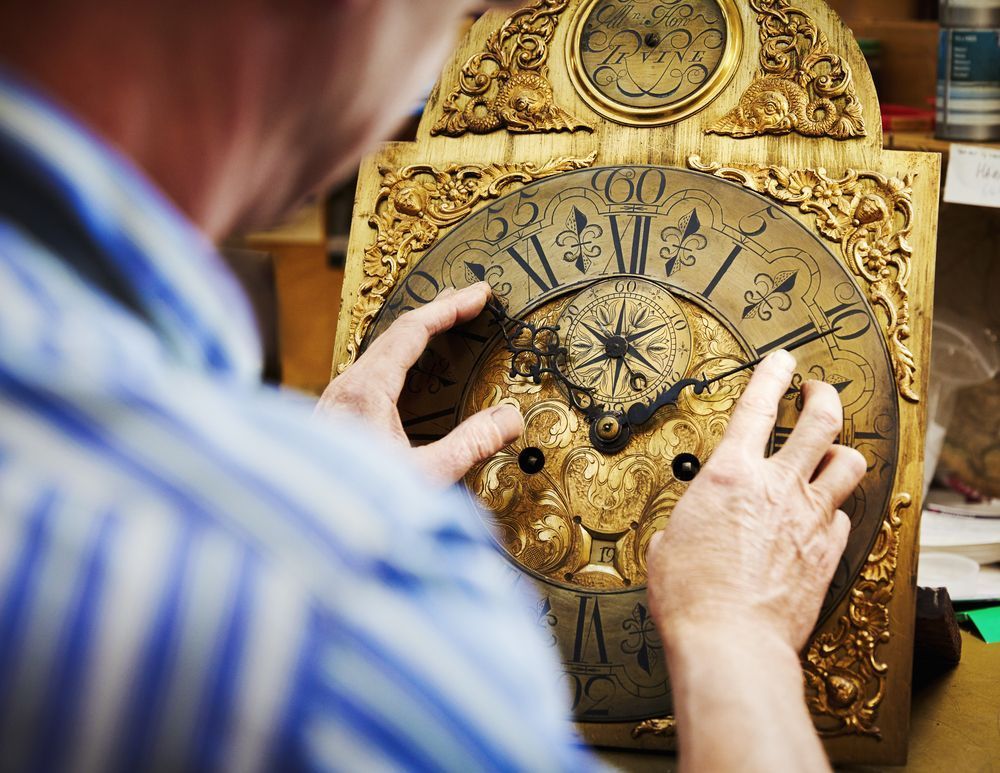When to Replace a Clock Mechanism Yourself vs. Calling a Professional
Clocks have been an essential part of daily life for centuries, and while modern digital devices may have taken over some of their functions, nothing beats the timeless charm of a traditional clock. However, just like any other mechanical device, clocks require maintenance and, occasionally, parts replacement. One of the most common issues clock owners face is determining whether to replace the clock mechanism themselves or seek professional help.
Understanding the Clock Mechanism: What Are We Dealing With?
Before deciding whether to replace the mechanism yourself or hire a pro, it's essential to understand what a clock mechanism is. The clock mechanism, often referred to as the "movement," is the engine of the clock. It's responsible for driving the hands to tell time, chiming if applicable, and sometimes even managing additional features like moon phases or date displays.
There are two main types of clock movements: mechanical and quartz. Understanding the differences between these will help you decide if the task is within your skill set or if you should consult a professional.
· Mechanical movements are powered by a wound-up spring or weights and require regular maintenance to keep functioning. They are often found in older antique clocks and tend to be more complex.
· Quartz movements, on the other hand, are battery-powered and are generally more straightforward in their construction. They're common in modern clocks and usually require less maintenance than their mechanical counterparts.
Knowing the type of clock you own will guide you in the decision-making process when it comes time to replace the clock mechanism.
Signs That Your Clock Mechanism Needs Replacing
Not all clock issues require a complete replacement of the mechanism. Sometimes, simple repairs, cleaning, or adjustments can restore your clock to working order. However, there are clear indicators that point toward a clock mechanism needing replacement:
1. Inconsistent Timekeeping: If your clock frequently runs too fast or too slow, and regular adjustments don't seem to fix the problem, this could be a sign of a failing mechanism.
2. Stopped Clock: When your clock stops working despite battery replacement (in quartz clocks) or winding (in mechanical clocks), it's possible the mechanism has worn out.
3. No Chimes: For clocks with chiming features, if the chime stops working or becomes erratic, it may be due to a malfunctioning mechanism.
4. Excessive Noise: Mechanical clocks should have a gentle ticking noise, and quartz clocks should be nearly silent. If your clock begins making more noise than usual, it could be an early sign of mechanical failure.
5. Rust or Wear on Parts: If you notice visible wear, rust, or damage to the internal parts, it's often an indication that the mechanism needs to be replaced.
Once you've identified the mechanism as at fault, you can decide whether to tackle the replacement yourself or hire a professional.
When to Call a Professional for Clock Mechanism Replacement
While there are cases where DIY clock mechanism replacement is feasible, there are many instances where calling a professional is the better and safer option. Let's explore a few of these situations.
Antique or Valuable Clocks
If you own an antique clock or a family heirloom, attempting to replace the mechanism yourself could lead to irreparable damage. These clocks often have intricate mechanical systems that require specialized knowledge and tools. Professionals with expertise in clock repair are better equipped to handle these situations without causing further damage.
Mechanical Movements
Mechanical movements are significantly more complex than quartz movements. They include multiple gears, springs, and weights that need to work in harmony to keep the clock functioning. Without proper training, even minor mistakes during a DIY repair can cause the clock to stop working entirely or lose its historical authenticity.
Replacing the movement in a mechanical clock often involves not just swapping out the old mechanism but also recalibrating the weights and adjusting the pendulum to ensure accurate timekeeping. Professionals have the expertise to make these adjustments precisely, ensuring your clock continues to work perfectly.
Specialty or Complex Clocks
Certain clocks, like grandfather clocks, mantel clocks, or those with additional features (e.g., moon phase, chiming), require more intricate repairs. These clocks are not only difficult to work on but can also be easily damaged during the replacement process. Calling a professional ensures that these delicate and often expensive clocks are repaired with care.
Warranty or Insurance Considerations
If your clock is under warranty or has insurance, it's essential to have any repairs or replacements carried out by a certified professional. Attempting DIY repairs might void the warranty or make an insurance claim invalid. Always check the terms of any warranty or insurance coverage before attempting to fix the clock yourself.
Lack of Tools or Confidence
Replacing a clock mechanism requires a certain level of skill and the right tools. If you don't feel confident handling delicate parts or don't have the necessary tools (like specialized screwdrivers, gear pullers, or a movement holder), it's best to leave the repair to a professional.
How to Choose a Professional for Clock Mechanism Replacement
If you've decided to seek professional help, the next step is finding a qualified clock repair expert. Here are a few tips for selecting the right professional:
· Look for experience: A clock repair professional should have significant experience, particularly with your type of clock. Some repair shops specialize in certain types of clocks, like grandfather clocks or antiques, so make sure they're well-versed in the kind of repair you need.
· Ask for references or reviews: Customer reviews can give you insight into the quality of service provided by a clock repair shop. Look for positive reviews from customers who have had similar work done.
· Inquire about warranties or guarantees: A reputable clock repair service should offer some form of warranty or guarantee on their work. This can give you peace of mind that your clock will be repaired properly.
· Free estimates: Look for a clock repair service that offers free estimates. This way, you can have a better idea of the cost before committing to the repair.
Call a Professional to Avoid Risky Repairs
Replacing a clock mechanism yourself can be a rewarding experience for simple clocks, but when it comes to valuable or complex timepieces, calling a professional is often the safest choice. Whether it's a quartz clock that has stopped ticking or an antique mechanical clock that needs specialized care, a professional repair can help restore your clock to perfect working order.
At Chicago Clock Company, we specialize in clock repairs, including clock mechanism replacement, battery replacement, and much more. Our experienced team has worked on everything from modern quartz clocks to antique grandfather clocks. With over a century of experience in the clock industry, you can trust us with your timepieces. We offer free estimates while you wait, so there's no reason to delay getting your clock back in working order.
Call now to schedule an appointment with one of our expert clock technicians. Whether your clock needs a simple tune-up or a complete mechanism replacement, we're here to help keep your clocks ticking for years to come!


